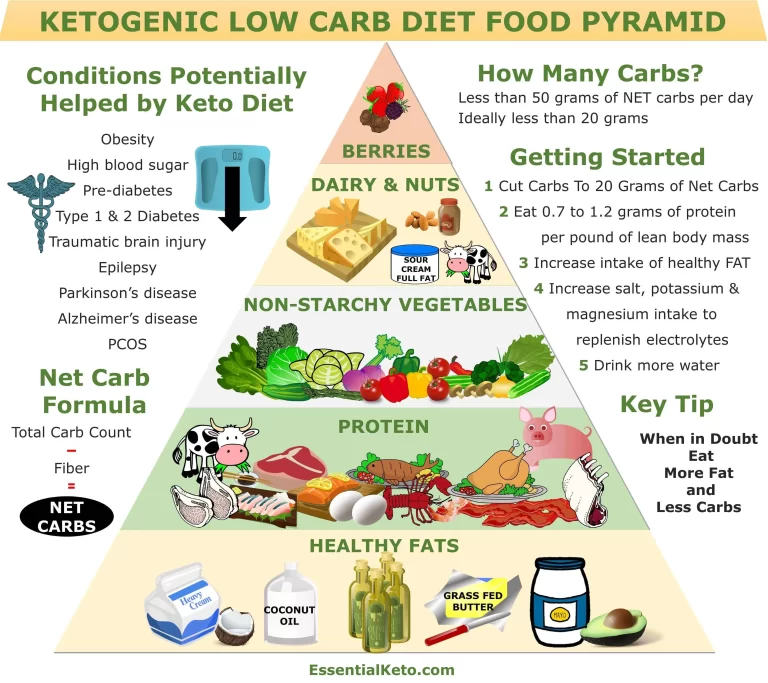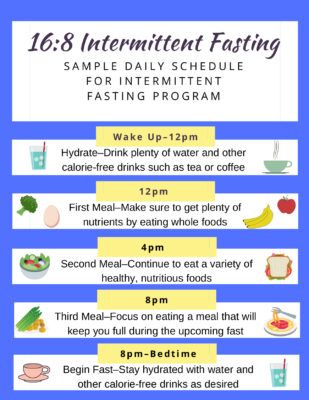Stress is a common human experience that can have detrimental effects on our overall health and well-being. In recent years, studies have shown a strong connection between stress and weight gain. This article aims to explore the role of stress in weight gain and provide some essential tips on how to effectively manage stress to maintain a healthy weight.
The Relationship between Stress and Weight Gain
When we experience stress, our bodies release a hormone called cortisol. Cortisol helps the body respond to stressful situations by increasing blood sugar levels and suppressing nonessential functions such as digestion and reproductive processes. While this response is essential in short bursts, prolonged exposure to high cortisol levels can lead to weight gain and other health complications.
One way stress can contribute to weight gain is through emotional eating. When people feel stressed, they often seek comfort in food, especially those high in sugar, fat, and calories. This emotional eating is often a form of self-soothing, temporarily providing relief from stress but leading to excess calorie intake.
Moreover, stress can disrupt our sleep patterns. Lack of quality sleep can interfere with our body’s metabolism and appetite regulation. It increases cravings, especially for unhealthy food options, ultimately contributing to weight gain.
Stress Management Techniques
While it may be impossible to eliminate stress entirely from our lives, there are various techniques we can employ to effectively manage stress and prevent weight gain. Here are some tips:
1. Exercise Regularly
Engaging in physical activity releases endorphins, also known as “feel-good” hormones. Exercise not only helps reduce stress levels but also aids in maintaining a healthy weight. Find an activity you enjoy, such as jogging, swimming, or yoga, and aim for at least 30 minutes of moderate-intensity exercise every day.
2. Practice Mindfulness
Mindfulness involves paying attention to the present moment without judgment. It can help reduce stress and emotional eating by increasing self-awareness and the ability to respond rather than react to stressful situations. Consider practicing mindfulness meditation or deep breathing exercises for a few minutes each day.
3. Get Adequate Sleep
Prioritize quality sleep by establishing a regular sleep routine. Create a calm bedroom environment, avoid electronic devices before bed, and aim for 7-9 hours of uninterrupted sleep. Sufficient rest will enhance your ability to manage stress, make healthier food choices, and maintain a healthy weight.
4. Eat a Balanced Diet
Opt for a nutritious diet consisting of lean proteins, whole grains, fruits, and vegetables. Avoid or limit highly processed foods, sugary drinks, and excessive caffeine, as they can exacerbate stress levels and lead to weight gain.
5. Seek Social Support
Lean on your friends, family, or support groups during times of stress. Sharing your feelings and concerns with others can provide relief and help you gain new perspectives. Additionally, having a strong support system promotes a sense of belonging, reducing the negative impact of stress on your wellbeing.
6. Find Stress-Relieving Activities
Engage in activities that alleviate stress and bring you joy. This can include hobbies, reading, listening to music, taking walks in nature, or practicing relaxation techniques such as yoga or tai chi. Taking time for self-care and doing things you love can significantly reduce stress levels and prevent weight gain.
Conclusion
Stress is an inevitable part of life, but its impact on our physical and mental health can be managed. By understanding the relationship between stress and weight gain, and adopting effective stress management techniques, we can maintain a healthy weight while preserving our overall well-being. Incorporate exercise, mindfulness, quality sleep, a balanced diet, social support, and stress-relieving activities into your daily routine to effectively manage stress and prevent weight gain.









